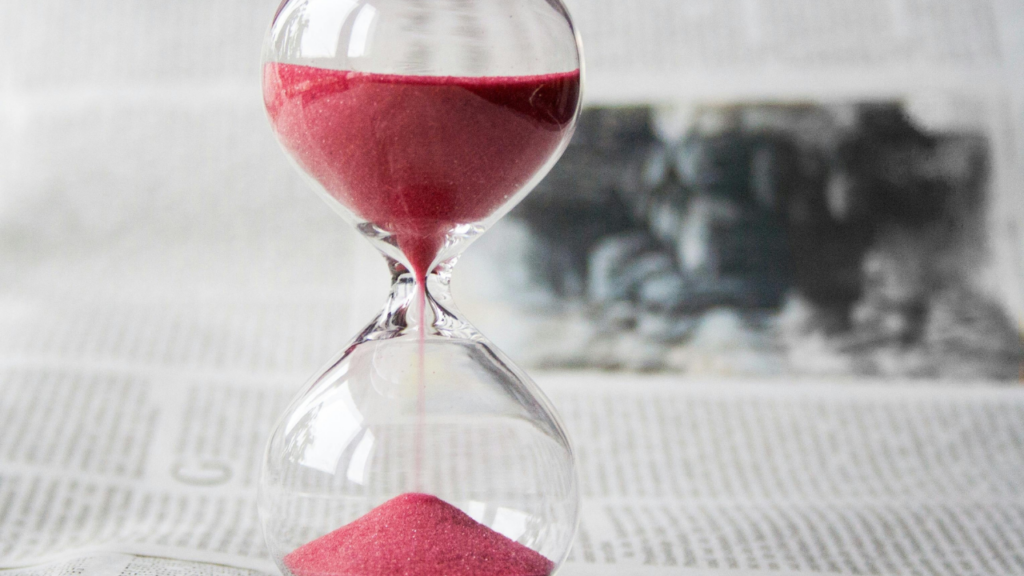Taking the first step toward addiction recovery often involves a mix of hope and apprehension. Many people hesitate to enter treatment simply because they don’t know what to expect. Understanding the typical journey during the initial 30 days of recovery can help ease these concerns and prepare you or your loved one for this life-changing experience.
The Decision and Admission Process
The recovery journey begins with the courageous decision to seek help. This step alone deserves recognition, as it often comes after significant internal struggle. Once you’ve made this decision, the admission process typically begins with an initial phone assessment. During this conversation, admissions specialists gather basic information about your situation to ensure the program can address your needs.
Upon arrival at the treatment facility, you’ll complete a more comprehensive assessment. This typically includes medical, psychological, and substance use evaluations that help the treatment team develop your personalized care plan. While this process may feel overwhelming, remember that the information gathered helps tailor treatment to your specific needs and circumstances.
The admission day also typically includes orientation to the facility and program. You’ll learn about schedules, rules, and what to expect during your stay. Staff members understand this transition can be stressful and are there to answer questions and provide support as you settle in.

The Detox Process
For many individuals, the first phase of treatment involves detoxification—the process through which the body clears itself of substances. Depending on the substances used and your medical history, this process can take anywhere from a few days to two weeks.
Medical supervision during detox ensures safety and comfort. Treatment providers monitor vital signs and symptoms, administering medications when appropriate to ease withdrawal symptoms. While detox can be physically challenging, medical support significantly reduces discomfort and risks.
During this phase, the focus is primarily on physical stabilization rather than intensive therapeutic work. You’ll begin participating in some group activities as your condition allows, but the main goal is medical stabilization. As physical symptoms subside, you’ll gradually increase participation in the treatment program.
Adjusting to the Treatment Environment
The early days of treatment involve adjusting to a new environment and routine. Most treatment programs maintain structured schedules that include therapeutic activities, meals, and personal time. This structure serves an important purpose—it helps rebuild healthy patterns and routines that may have been disrupted by addiction.
For many people, this adjustment period includes wrestling with ambivalence about treatment. Even those who voluntarily enter programs often experience moments of doubt or resistance. These feelings are normal parts of the change process and usually diminish as you become more engaged in treatment.
Building rapport with staff and peers represents another important aspect of this adjustment phase. Initially, you may feel guarded or hesitant to open up. Over time, most people begin forming connections with others in treatment, often finding unexpected comfort in shared experiences.
Engaging in Therapeutic Work
As physical stabilization progresses, the focus shifts more intensively toward therapeutic work. Individual therapy sessions provide a private space to explore personal issues contributing to addiction and develop strategies for lasting change. These sessions typically begin in the first week or as soon as you’re medically stable.
Group therapy forms the cornerstone of most treatment programs. These facilitated sessions address various aspects of addiction and recovery, from understanding triggers to developing coping skills. While sharing in groups may feel uncomfortable initially, many people eventually find them to be among the most valuable aspects of treatment.
Family involvement, when appropriate, also begins during this early period. Family therapy sessions help address patterns that may contribute to addiction while building understanding and support for the recovery process. These sessions help prepare both you and your loved ones for the transition back home after treatment.
Learning Essential Recovery Skills
The first month of treatment focuses heavily on skill development. You’ll learn to identify triggers—the people, places, emotions, and situations that stimulate cravings—and develop strategies to manage them effectively. These coping skills form the foundation of relapse prevention.
Emotional regulation represents another crucial skill set. Many people use substances to manage difficult emotions, so learning healthier ways to recognize and cope with feelings becomes essential for recovery. Through various therapeutic approaches, you’ll develop tools for handling stress, anger, anxiety, and other challenging emotions without substance use.
Communication and boundary-setting skills also feature prominently in early recovery work. These skills help repair relationships damaged by addiction and establish healthier patterns for future interactions. Practicing these skills in the supportive treatment environment builds confidence for using them in everyday life.
Physical and Holistic Recovery
Recovery involves healing the whole person—not just addressing substance use. During the first 30 days, attention to physical health becomes increasingly important. Nutritional counseling helps address deficiencies common with addiction, while exercise programs help restore physical wellness and provide natural mood enhancement.
Many programs incorporate complementary approaches like mindfulness practices, stress management techniques, or recreational activities. These holistic elements support overall wellbeing and help develop healthy alternatives to substance use for relaxation and enjoyment.
Establishing healthy sleep patterns also represents a significant focus during this period. Many people enter treatment with disrupted sleep habits, and restoring normal patterns contributes significantly to physical and emotional healing.
Preparing for Continued Recovery
As the first month of treatment progresses, attention increasingly turns toward preparing for the next phase of recovery. This preparation includes developing a detailed continuing care plan that outlines next steps, whether that involves transitioning to a different level of care or returning home with appropriate supports in place.
This planning addresses practical considerations such as housing, employment, and continuing medical care, as well as recovery support through outpatient treatment, peer support groups, or other community resources. The goal is to create a sustainable plan that supports your continued growth and sobriety.
The Bluffs Approach to Early Recovery
At The Bluffs, we’ve carefully designed our program to address the unique challenges and opportunities of the first 30 days in recovery. Our compassionate team understands both the vulnerability and the potential of this critical period. We provide a supportive environment where healing can begin with dignity and hope.
Our approach combines medical expertise for safe detoxification with therapeutic excellence to address the underlying issues of addiction. We recognize that the early days of recovery involve significant adjustment, and our staff offers consistent support throughout this transition. Our structured program provides the foundation needed during this time, while our personalized approach ensures your specific needs are met.
Our peaceful setting removes everyday distractions and triggers, allowing you to focus fully on your recovery work. Meanwhile, our comprehensive approach addresses physical, emotional, and social aspects of healing, preparing you for lasting recovery beyond the first 30 days.
If you or a loved one is considering taking that courageous first step toward recovery, we invite you to learn more about beginning your journey at The Bluffs. Our admissions team is ready to answer your questions and guide you through what to expect.
Take the first step toward a new beginning by calling us today. The first 30 days can be the start of lasting change.








